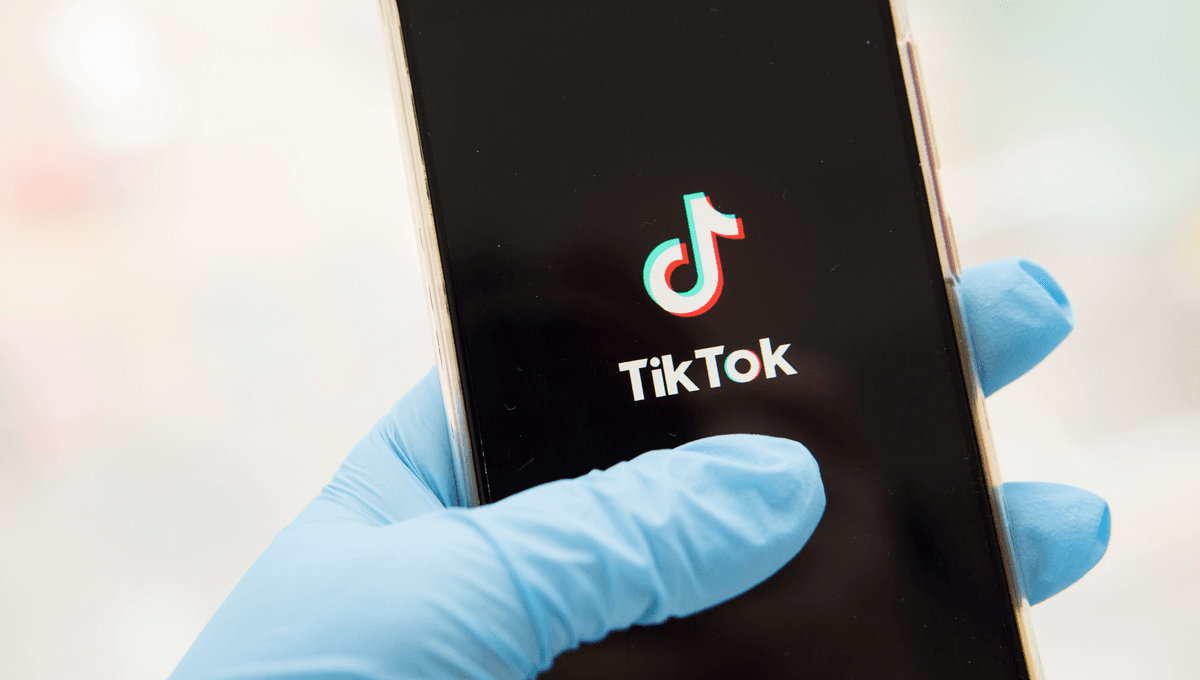
TikTok may be fantastic for some things – discovering how much your dentist knows about your sex life; freaking out Montanans; whale penises, etc – but one thing we’re pretty sure you shouldn’t be doing is relying on it for medical advice. At best, you’re going to get accurate information that you nevertheless wish you could unsee – and at worst, as a new study has revealed, you’re going to be subject to a barrage of potentially dangerous health misinformation.
“People should always consult their doctor first for guidance on their specific medical condition,” said Dr Macklin Loveland, an internal medicine resident at University of Arizona College of Medicine and lead author of the study, in a statement. “But we also know that getting health information and tips from social media is extremely common these days.”
And that’s a problem. With liver disease as a test subject, the study compared thousands of TikTok videos containing the words “cirrhosis” and “liver disease”, all posted between October and November 2022, against established medical practices as endorsed by the American College of Gastroenterology, American Gastroenterological Association, and American Association for the Study of Liver Diseases.
The result? A whopping four in ten of those posts contained misinformation – making the likelihood of getting anything useful from the app pretty close to a coin toss.
“When the average person sees a post about liver disease on social media, they may have no idea that the claims are entirely inaccurate,” Loveland warned.
There is good news, however: while an admittedly large proportion of the posts contained bad or false information, those with accurate content experienced much higher engagement. In other words, more people were seeing the correct information than mumbo-jumbo about detoxing with a hearty parasite cleanse or spending their savings on dubious herbal remedies.
But given how serious and widespread liver disease really is – there are 4.5 million adults diagnosed in the US alone, and nearly 20 times that amount again estimated to have liver disease and not know it – that’s cold comfort to Loveland.
“Even though inaccurate posts were less popular, they still represent a high volume of misinformation on the platform, leaving people with liver disease susceptible to false claims,” he said. “Given the high mortality associated with liver disease, the impact of spreading inaccurate claims on such a popular social media platform could have serious clinical ramifications.”
So what’s the solution? With TikTok as popular as it is, it seems the best bet may be to combat the bad information with good.
“It’s clear that more needs to be done to flag misinformation on TikTok,” Loveland said, “including doctors becoming more heavily represented on the platform to combat misinformation with accurate, science-based information.”
Add to that better regulation and monitoring of health claims – across all social media platforms, not just TikTok – and perhaps the app that once tried to convince us that taping our mouths shut while we sleep was an awesome weight loss hack might yet prove to have some benefits.
“In general, TikTok and social media platforms are great sources to disseminate health information,” Loveland pointed out, possibly not having heard about the taping your mouth shut thing. “However, we need to put more guardrails in place against false or misleading claims.”
The study will be presented on Tuesday, May 9, at the Digestive Disease Week conference in Chicago.
Source Link: New Study Shows Why You Should Never Rely On TikTok For Medical Advice